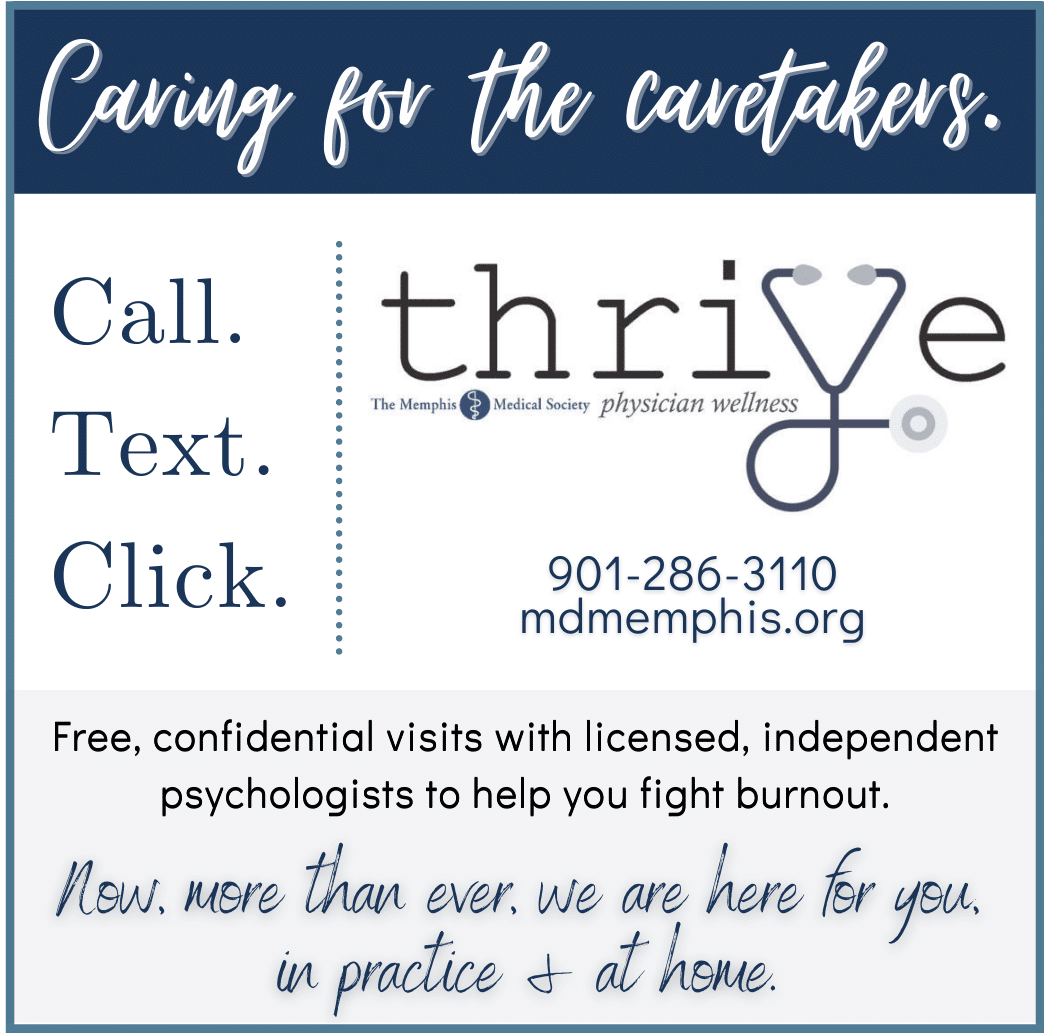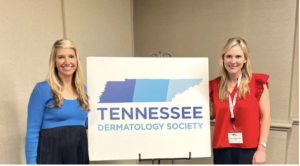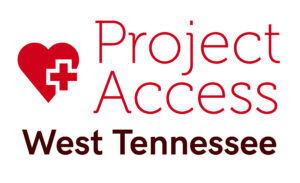It can be argued that everything medical societies do impacts physician wellness. In addition to their advocacy efforts, community events, and other projects, many medical societies are making even more intentional efforts to impact wellness.
I’m a Tennessee boy, so I’d like to focus this on my friends in the Volunteer State. But it’s important to know that similar efforts are occurring from coast to coast.
There’s plenty of data to support the validity of this work, but simply know this inarguable statistic: Between 300 and 400 physicians commit suicide annually. That is a much higher rate than the average population. Let your mind wander for a moment into the ripple effects that statistic has on our healthcare system and country.
Physicians have a unique relationship with their local and state medical societies. Among other things, they can offer a personal and professional haven to share ideas and challenges, commiserate, and build community.
Therefore, back in 2018 (before the pandemic brought more awareness to mental health), the executives from Memphis Medical Society, Nashville Academy of Medicine, and Chattanooga-Hamilton County Medical Society, and KAM Knoxville Academy of Medicine joined a national workgroup of medical societies who sought to create a toolkit that would serve as a guide to help medical societies start their own physician wellness programs. That initiative has now received two rounds of funding from the Physician’s Foundation. You can find more about their work (and how to start a wellness program) at physicianwellnessprogram.org. That work has led to the creation of at least 30 new physician wellness programs across the country. Many of the programs across the country have adopted the name LifeBridge. Shoutout to my friend Belinda Clare from Travis County Medical Society for administering this amazing opportunity, and to Steven Reames in Boise, Idaho, who is one of the most passionately informed people on this topic in the country. We are all currently working together on the next edition of the toolkit.
Their work, along with others, has led to a greater awareness of the issue. In Tennessee, Tennessee Medical Association has recently launched a Physician Wellness Committee, chaired by Immediate Past President Dr. Ed Capparelli. TMA also recently participated in the first-ever Interprofessional Suicide Summit back on September 23rd. They were joined by the Tennessee Medical Foundation, Tennessee Professional Assistance Program, and the Tennessee Dental Wellness Foundation. I am particularly excited about TMA’s planned legislative efforts to impact wellness in 2024. These include, but are not limited to, modifying licensure questions, improving prior authorization, insurer clawbacks, and workplace safety.
Almost all of these organizations’ programs offer education for their members, advocacy efforts, and and some level of social support, be it through social events or peer networking groups. Many of the programs also have a flagship offering of a wellness hotline that allows physicians to confidentially access various types of counseling via local providers and/or telehealth.
For example, in Memphis we have a confidential hotline which can be accessed from our website, calling, or texting. Our program is called Thrive. We partnered with telehealth provider CareClix, Inc, who has staffed the hotline with a licensed psychologist. We have had very positive reviews from our “patients” on the user experience with the platform, and the experience with the psychologist.
What is next for these programs? Depends on where you are. Some are adding to their list of professionals who are eligible – nursing staff, administrators, etc. Some are adding coaching to their offering. Knoxville “launched” a CME wellness cruise that other societies may be partnering with!
A big shoutout to our colleagues across the country trying to impact and grow this work! Visit any of the organizations listed on the web to learn more. If you’re in Memphis, call me!







